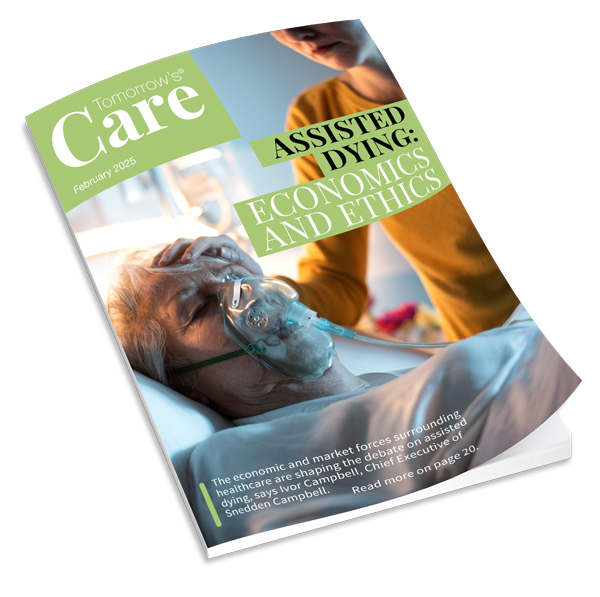Many care home residents who have COVID-19 infection are either asymptomatic or experience ‘atypical’ symptoms – according to a new study from the University of East Anglia (UEA) and North Norfolk Primary Care, supported by UEA Health and Social Care Partners.
In response to COVID-19, a new ‘intelligent’ testing service was implemented in care homes in North Norfolk. The service, implemented by the enhanced care home team (ECHT) with North Norfolk general practitioners, identified COVID-19 symptoms amongst residents. They found that around half of residents who tested positive for Covid-19 were asymptomatic, but some went on to develop symptoms.
They also found that in many cases symptoms were not typical and did not include a high temperature, cough or loss of smell. Instead, residents who tested positive for COVID-19 often presented as ‘generally unwell’.
The team say that effective testing and screening of residents and staff in care homes is vital for identifying cases and controlling the spread of the virus.
Dr Paul Everden, from UEA’s Norwich Medical School and Innovation Lead for North Norfolk Primary Care, said: “The pandemic is disproportionately affecting older people, especially in care homes. We wanted to develop a service with our local GP’s, implemented by our ECHT, to keep residents and staff safe by early identification of infection.”
ECHT tested 518 residents in 44 care homes and 340 staff in 10 care homes for Covid-19 using nose and throat swabs between 7th April and 29th June. Test results and symptoms were compared for residents. Positive asymptomatic residents were followed for up to 14 days after testing.
The ECHT found that 103 residents tested positive in 14 homes and 49 staff in seven homes. However, of the residents, only 38 (37%) had typical symptoms at the time of the test.
More than half (54 residents) were completely asymptomatic when tested, and 12 developed symptoms within 14 days. Some of those with a positive test result did experience typical symptoms such as a cough or fever, but feeling generally unwell was also common.
Dr Everden said: “We found that older people in care homes are frequently asymptomatic, but can go on to become symptomatic, i.e presymptomatic. We also found that of those who tested positive, some were just ‘generally unwell’.
“We carried out this service evaluation in North Norfolk but we would expect to see similar results nationally. All UK care homes are at high risk of Covid-19 infection and residents are extremely vulnerable to infection and death.
“Older people in care homes have multiple co-morbidities including dementia, lung disease, a reduced sense of smell, and may have communication problems too. Together this means it is difficult for staff to identify typical listed Covid-19 symptoms – a temperature, cough and anosmia. It may also be difficult for some patients to recognise or communicate that they are feeling unwell.
“At the time of launching this service there was no testing in the community, let alone in care homes. It was therefore vital that we put into place an ‘intelligent’ testing service that allowed the earliest ‘pick up’ of infection with the least use of a precious resource. It was through this process that we identified asymptomatic and presymptomatic people who could potentially infect other residents and staff.
“Our trigger for testing a resident was any general deterioration in health status with isolation and then, if positive, testing of all other residents and staff.
“These findings are really vital for protecting care home communities and we hope they will help keep residents and staff safe – particularly if we are to face future waves of the pandemic in the UK where resources will again indeed be precious.”
Due to the rapid-response nature of this evaluation, it has not yet been peer reviewed.


























